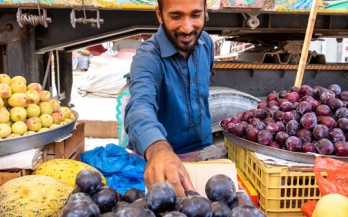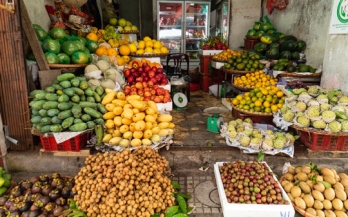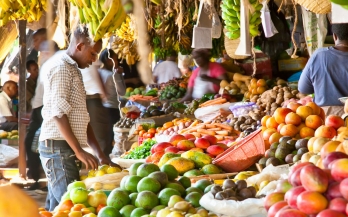

Urban traditional food markets, sometimes referred to as informal or wet markets, are a vital node in the food systems of cities and urban areas. There is no question about the value of these markets in a) making nutritious and safe food accessible in urban areas, which in turn supports healthy diets, food and nutrition security, and b) providing income and job opportunities - particularly for women and those living on or below the poverty line.
To keep these markets working and further empower policymakers, during and beyond COVID-19 and amidst other urban food system challenges like climate change and inequality, this workstream assesses the vulnerability and coping mechanisms of market vendors, evaluates the extent to which vendors are making nutritious food accessible and, in a participatory, people-centered manner, designs food policy options and facilitates access to city/urban county level food systems data.
GAIN’s footprint in this workstream
- Engage in a participatory manner with policymakers and other stakeholders to collect evidence of and better understand and the ‘realities’ of the pandemic and its impact on the urban traditional food markets.
- Co-design policy options and develop a people-centred, city/county level, food systems data dashboard prototype, to support informed decision-making by policymakers in response to the pandemic and its impact on urban traditional food markets.
- Establish an Expert Advisory Panel, of 12 members with a range of expertise from food systems to urban governance, food safety, SMEs and public health, to provide value added support and perspectives. At least two experts are based in each of the target countries (Kenya, Mozambique, and Pakistan).
Description of the workstream
This COVID-19 response workstream focuses on policy and coordination as part of urban food systems ‘good governance’ in six cities/urban counties, namely: Beira and Pemba (Mozambique), Machakos and Kiambu (Kenya) and Rawalpindi and Peshawar (Pakistan). Participatory engagement, evidence informed understanding of urban food system challenges during the pandemic, and co-design of policy options are the cornerstones of this workstream.
Evidence based, co-designed policy options toolkits aim to facilitate practical action, guided by best practice and be locally meaningful and owned. Food systems, city/county level data together with these toolkits support good governance and informed decision-making by local policymakers. Particularly, policymakers will be better equipped to respond to the impact of the pandemic (and beyond) on urban traditional food markets which are embedded in a complex, interconnected urban food system and which are of essential value for food and nutrition security of women and urban residents with low incomes
Supporting policymakers and their COVID-19 – food systems response is the primary objective. This can also contribute towards long-term market system resilience. A diversity of urban food system stakeholders, including policymakers, market committees, traditional food market vendors and other Small and Medium sized Enterprises (SMEs) are being engaged. Additionally, using a people-centred design approach, a prototype of a city/urban county level food systems data dashboard is being developed in Beira (Mozambique), Kiambu (Kenya) and Rawalpindi (Pakistan).
This aims to better inform policymakers’ urban food systems decision-making, by making more accessible a range of meaningful data, disaggregated where possible, and collated in one (virtual) place.
Call to action
By generating robust yet rapid evidence and information, we can support policymakers to make evidence-based decisions and guidelines for better managing the impact of the COVID-19 crisis.
Facts and figures
-
Kenya, Mozambique and Pakistan, like other countries in Sub-Saharan Africa and South Asia are rapidly urbanising. This shift in dwelling is associated with a change in diets, often becoming less nutritious, as well as a change in livelihoods.
-
Urban traditional food markets are a vital source of nutritious and safe food, income, and jobs – especially for women, and urban residents with low incomes.
-
COVID-19 responses are focused on public health, with relatively little attention to food systems challenges.
-
Further support is needed for local policymakers, linked to urban food systems and traditional markets to enable them to improve the resilience and adaptability of the local food system for all.
Geographic coverage
Resources
Videos
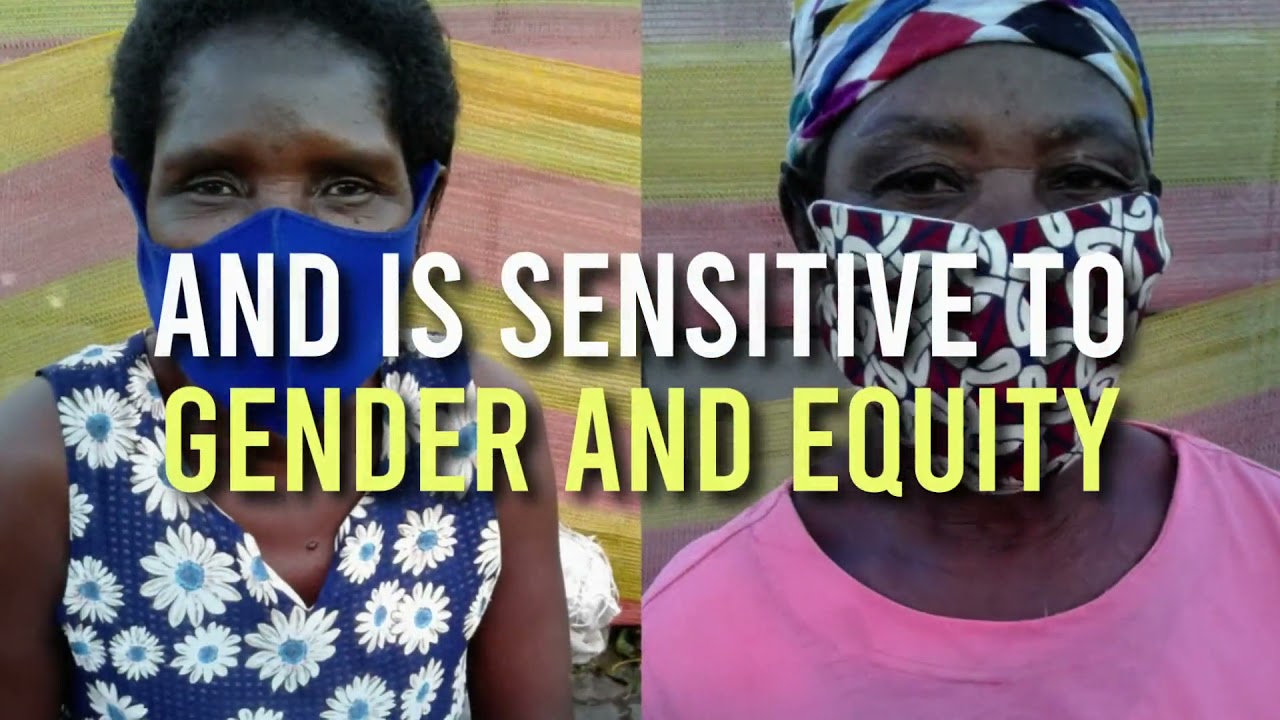
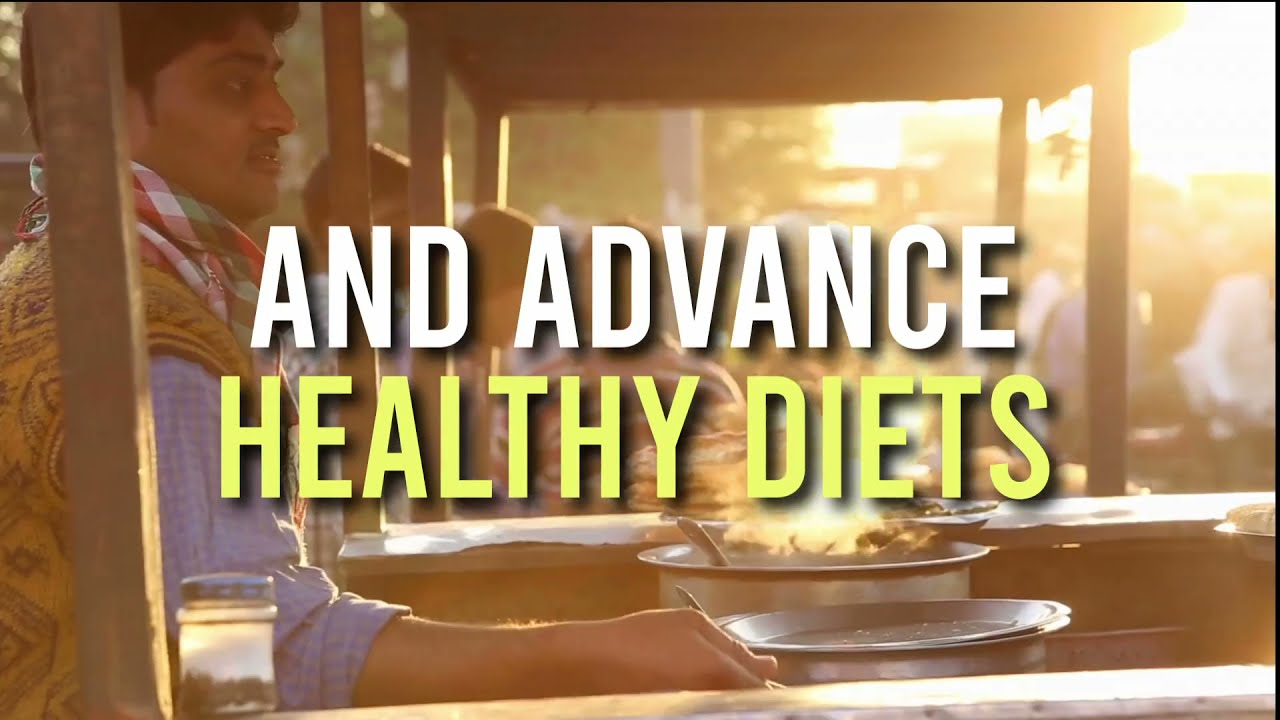

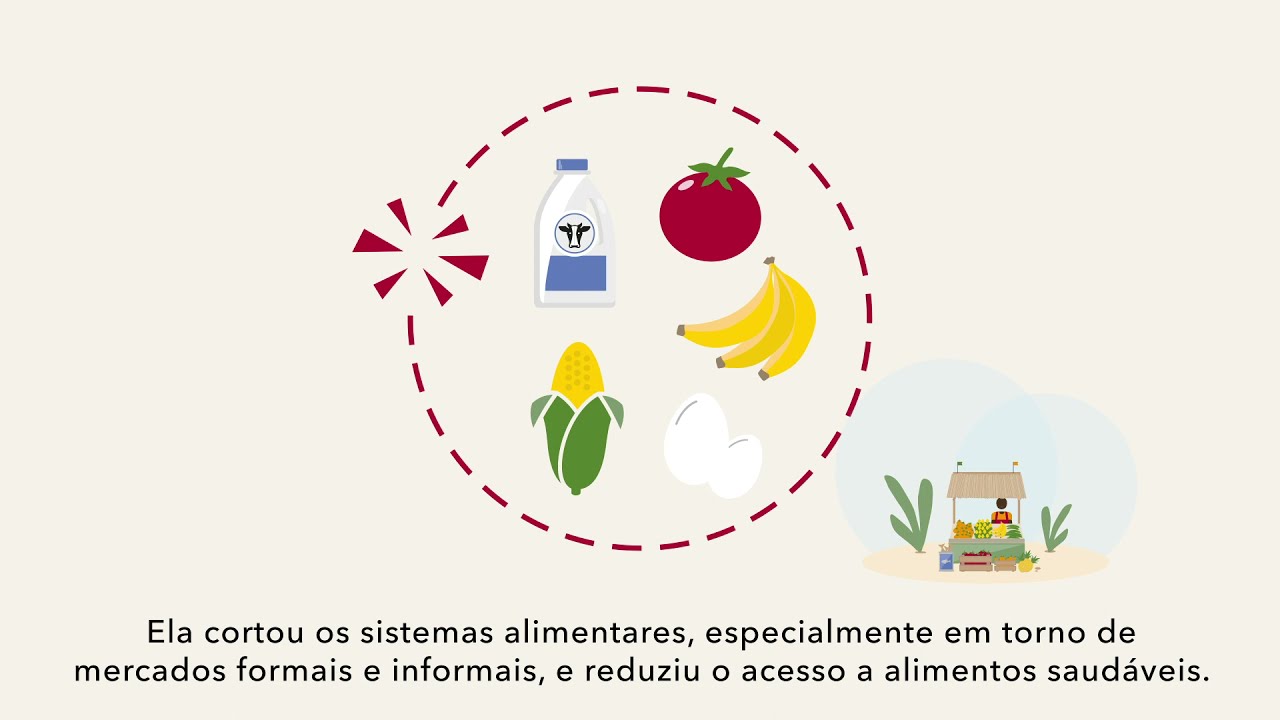

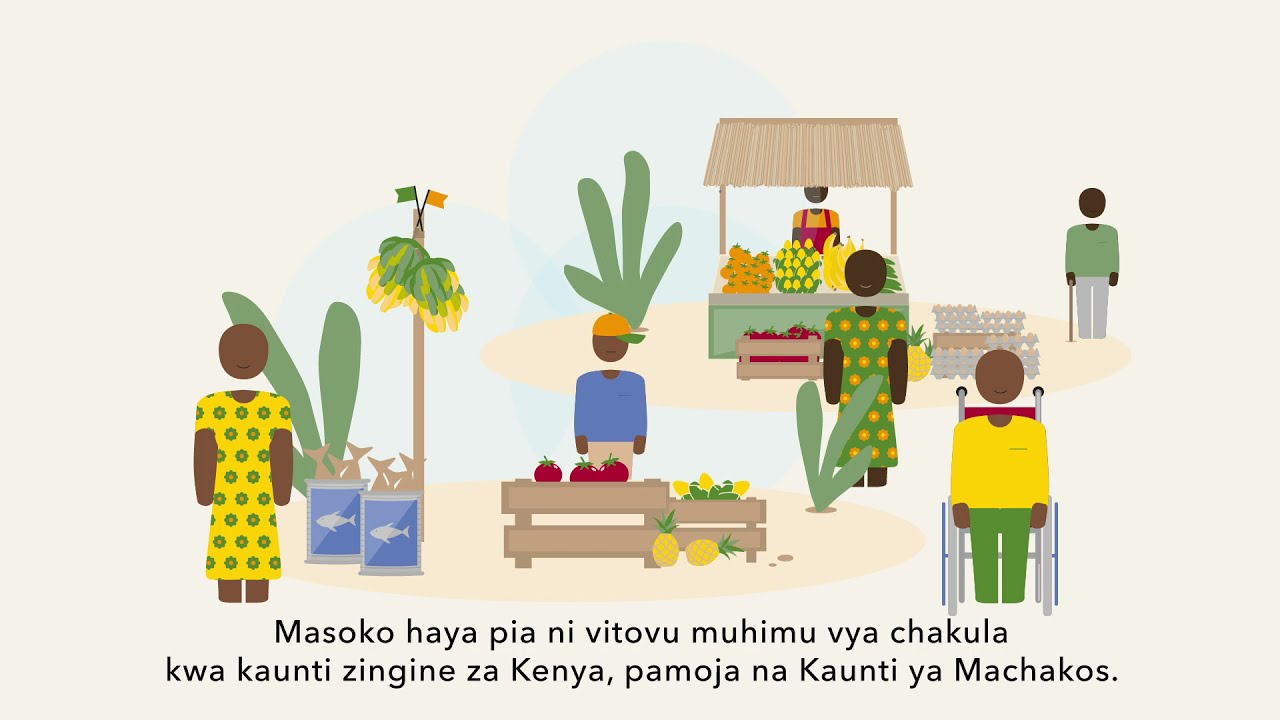
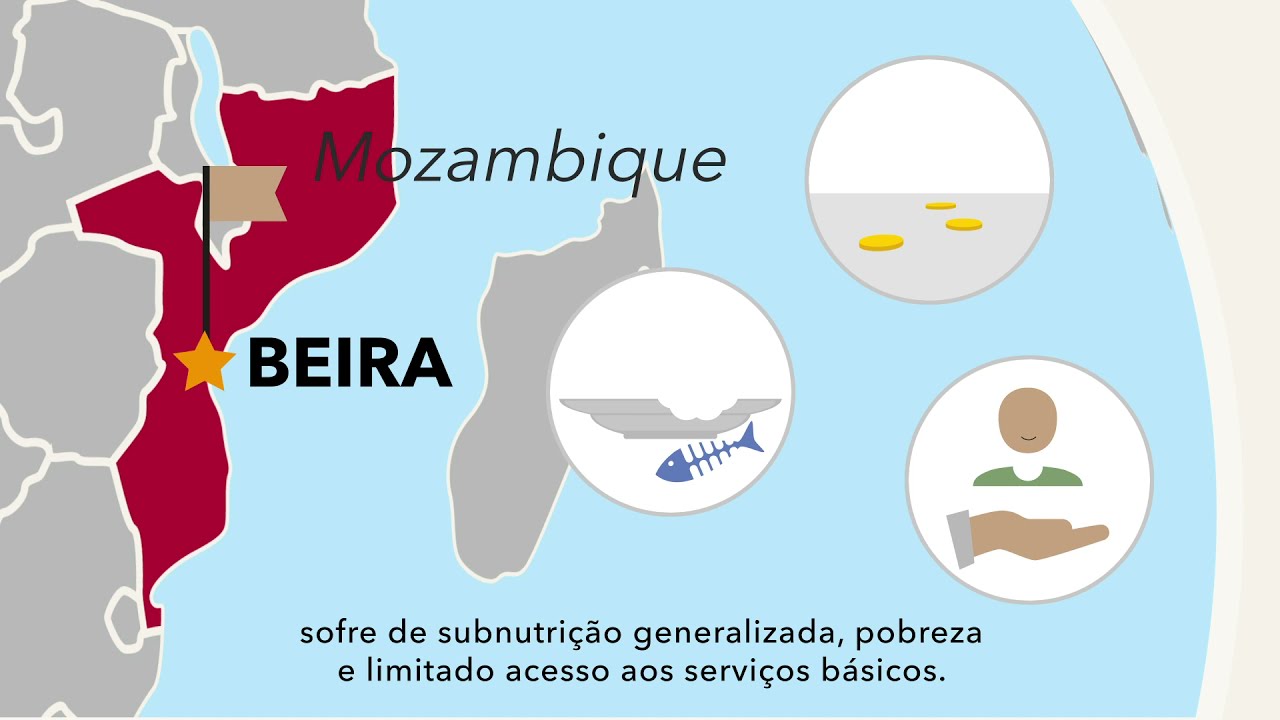
For more videos, please visit our youtube channel
